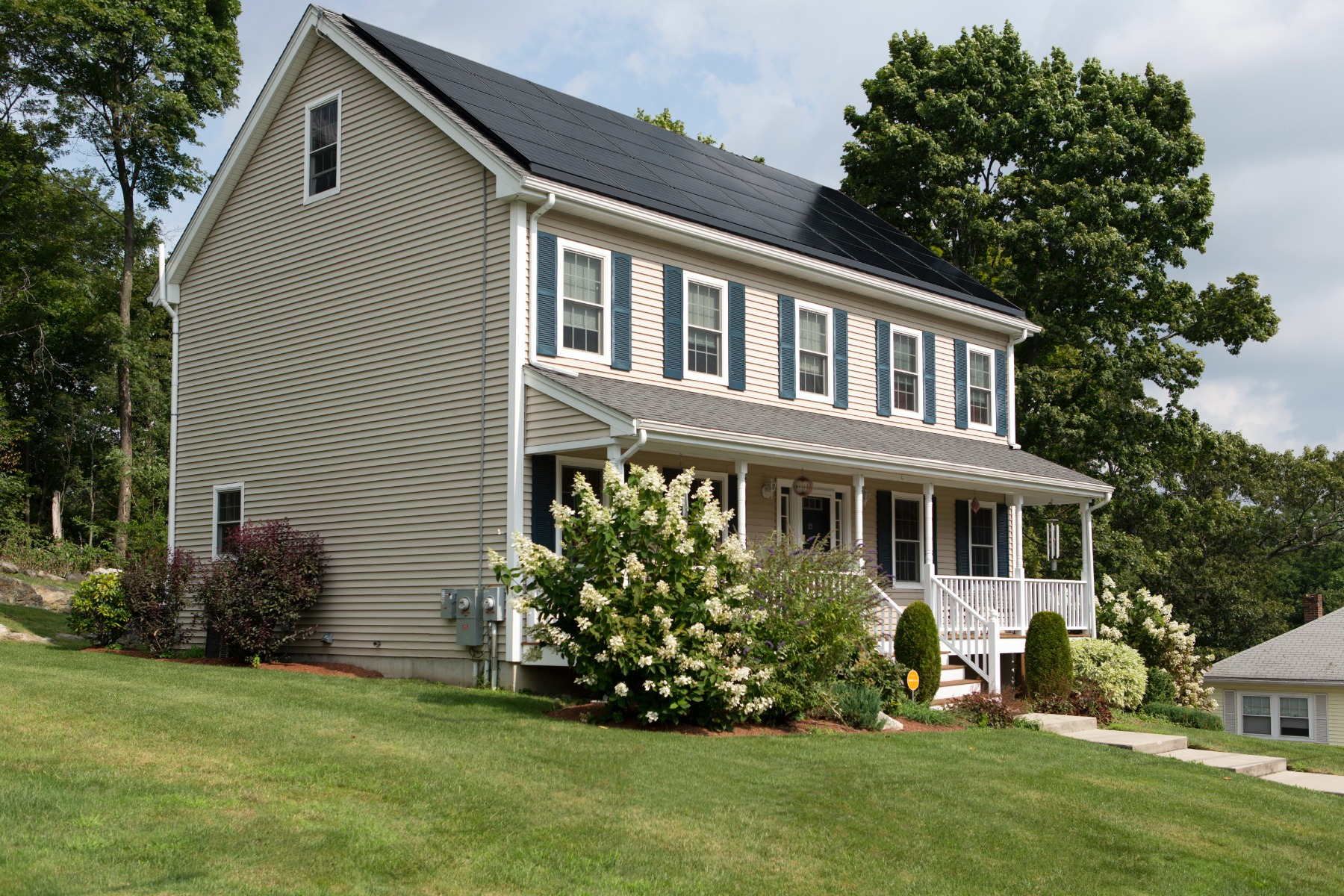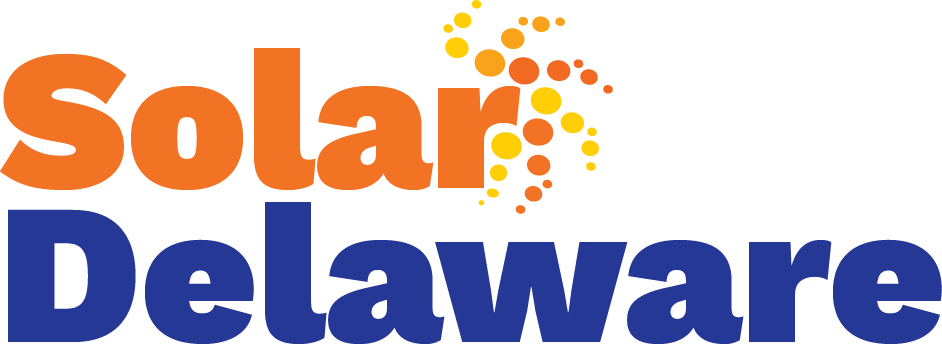Before you decide to install solar panels at your home or business, it is important to understand the financing options available. The two most common financing options for solar installations are to buy your solar panels or to lease your solar panels. In both scenarios the installation of a solar system can save the customer money on their utility bills and reduce their environmental impact. However, there are key differences that should be considered before making your decision.

Purchasing Solar Panels
Purchasing a solar system is an investment in renewable energy that may result in significant long-term savings. You can purchase your solar equipment by paying upfront or by financing your system through a loan. A key factor to consider when purchasing a solar system is the payback period.
The payback period is the amount of time it takes for the money you paid to equal the amount of money saved and earned from your solar system. You will save and earn money on your solar system through the reduction of your electricity bill, the sale of SRECs (Solar Renewable Energy Credits), and by taking advantage of the Grants and Incentives available to you. The average solar payback period is between 7 and 10 years and the average lifespan of a solar system is 25 years. Therefore, once you have passed your solar payback period your solar system should still operate for a significant amount of time during which you are saving due to the benefits of your solar system.
What is a Solar Lease?
Leasing solar panels allows you to make the switch to solar energy without a significant upfront monetary investment. If you choose to lease a solar system, you (the Lessee) enter into a financial contract with the company who installs the solar equipment (the Lessor). Through this contract, the Lessor retains ownership of all the installed equipment. In this arrangement, the Lessee typically makes monthly payments to the Lessor to use the equipment and the electricity generated by the solar system. This arrangement is very similar to leasing a car. When reviewing a potential solar lease contract, it is important to understand the length of the lease and whether there are annual escalator payments.
Differences In Owning vs. Leasing
The key difference between the two models is the ownership of the solar panels and the environmental attributes of the system. If you purchase your solar system outright, you own all of the equipment and the environmental attributes, including the SRECs (Solar Renewable Energy Credits) generated by the system. If you choose to lease a solar system, then the third-party company with which you entered into a lease agreement will own all of the equipment and the SRECs. Additionally, if you lease a system, you will not be eligible to apply for any of the government or utility solar incentive programs. SRECs and you will not be able to take advantage of the solar incentive programs offered by the government and your utility.
Another factor to consider when deciding whether you will purchase or lease a solar system is the maintenance of the solar system. If you purchase the system, typically you will be responsible for the ongoing maintenance and upkeep of your system, although your solar installer may offer a maintenance package upon purchase. If you lease a system, the Lessor typically will handle the maintenance of the system.
Solar leases can also make selling a home more complicated as the buyer of your home will have to contend with whether they want to take on your lease agreement.
Owning
- Own all equipment
- Own environmental attributes (including SRECs)
- Eligible for government or utility solar incentive programs
- Typically responsible for maintenance
- Typically increases the value of your home
Leasing
- Third-party company owns equipment
- Third-party company owns SRECs
- Not eligible for government or utility solar incentive programs
- Typically not responsible for maintenance
- Typically does not increase the value of your home
In the end, you will need to decide whether leasing or buying a solar system is more beneficial for you based on your financial situation. Talking to a solar installer will help you determine whether to lease or buy.
